Kwanzaa needs more recognition as a holiday
12.5 million Americans celebrate Kwanzaa every year
Kwanzaa brings family and friends together through the lighting of one of seven candles everyday while celebrating with food, activities and learning about culture. (Photo via Freepik)
Kwanzaa needs to have more representation as a cultural holiday in media outlets along with respect for the culture it serves.
Kwanzaa is traditionally celebrated from Dec. 26 through Jan. 1. It is a celebration of family and culture. African Americans and pan-Africans celebrate this holiday.
It is celebrated for seven days of consistent activities, food and joined with a candle holder for all seven days. Every day you light a new candle going from left to right.
As a kid, I celebrated Kwanzaa every year with my family and we owned a traditional candle holder. Every candle we lit had a different meaning. Day one is called Umoja which means “unity”. Day two is Kujichagulia which means “self-determination”. Day three is Ujima meaning “collective work and responsibility.” Day four is Ujamaa meaning “cooperative economics”. Day five is Nia meaning “purpose”. Day six is Kuumba which means “creativity” and lastly, Imani means “faith”.
We lit the candles every day during dinner time and talked about what each day meant and how we could incorporate those ideas into our everyday life better. We also played music to celebrate our ancestors and living another year.
Kwanzaa allowed my family to get together all at once while many were balancing their conflicting work schedules. This holiday brings families together and keeps the culture that is important to keep Africans and African Americans alive.
Similar to Hanukkah, Kwanzaa should have more representation in television shows, in schools and on the calendar. Hanukkah does not get the best representation either, but in most cases, they do get more coverage.
According to National Today, a website that documents random national days, holidays and cultural events, 12.5 million Americans celebrate Kwanzaa. This means that this holiday for 12.5 million Americans and counting is being unrepresented. This holiday needs to have more representation because it allows others to embrace and learn more about the African culture that is constantly being diminished in the media.
It will allow others to understand where we come from in a different light and hopefully be able to celebrate with us, or at least respect it.
If you feel the same way as me, please voice your opinion, make petitions and spread the joy of Kwanzaa for all it represents and brings to many families.


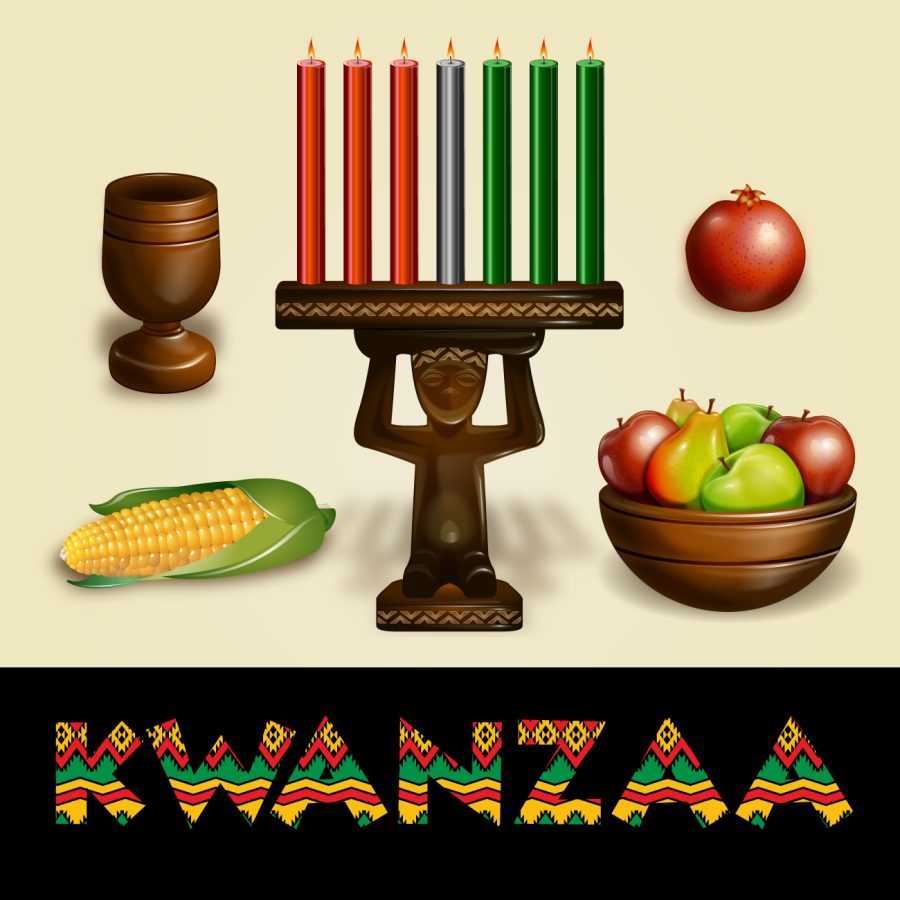








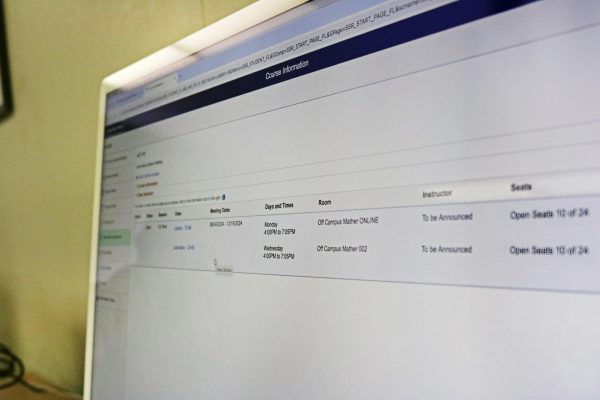
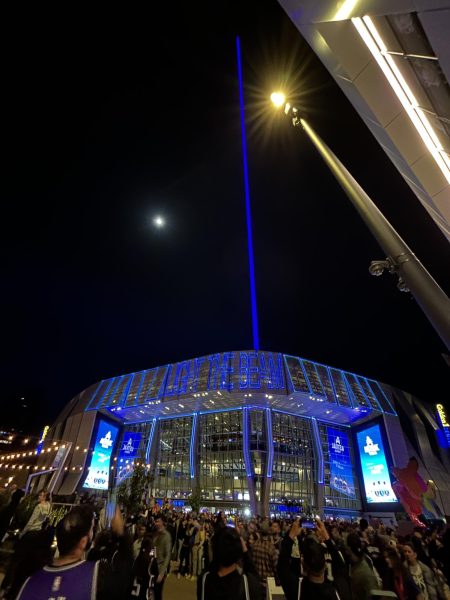
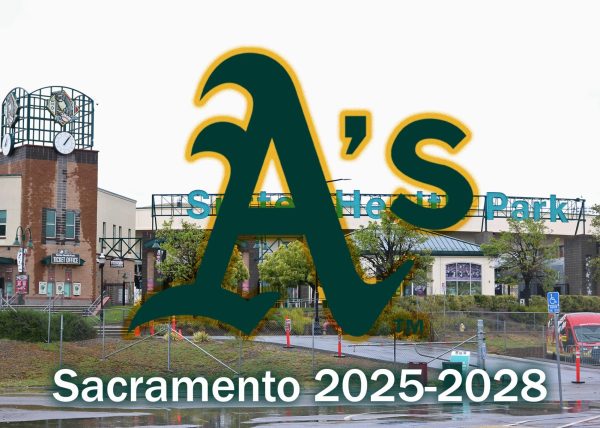
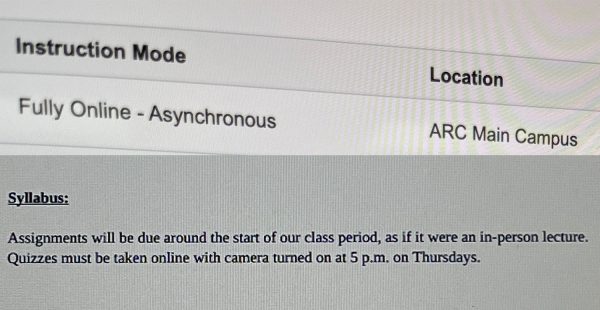
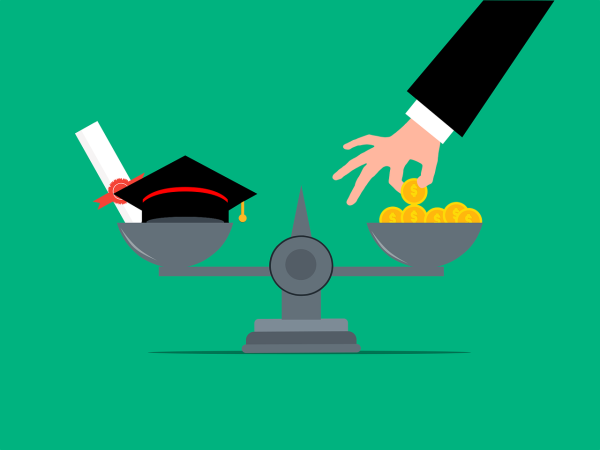
John Connor • Dec 13, 2021 at 12:09 pm
Kwanzaa was created by a convicted torturer of women/rapist in 1966, who also called Jesus Christ “psychotic”. Is this the holiday you want to promote?